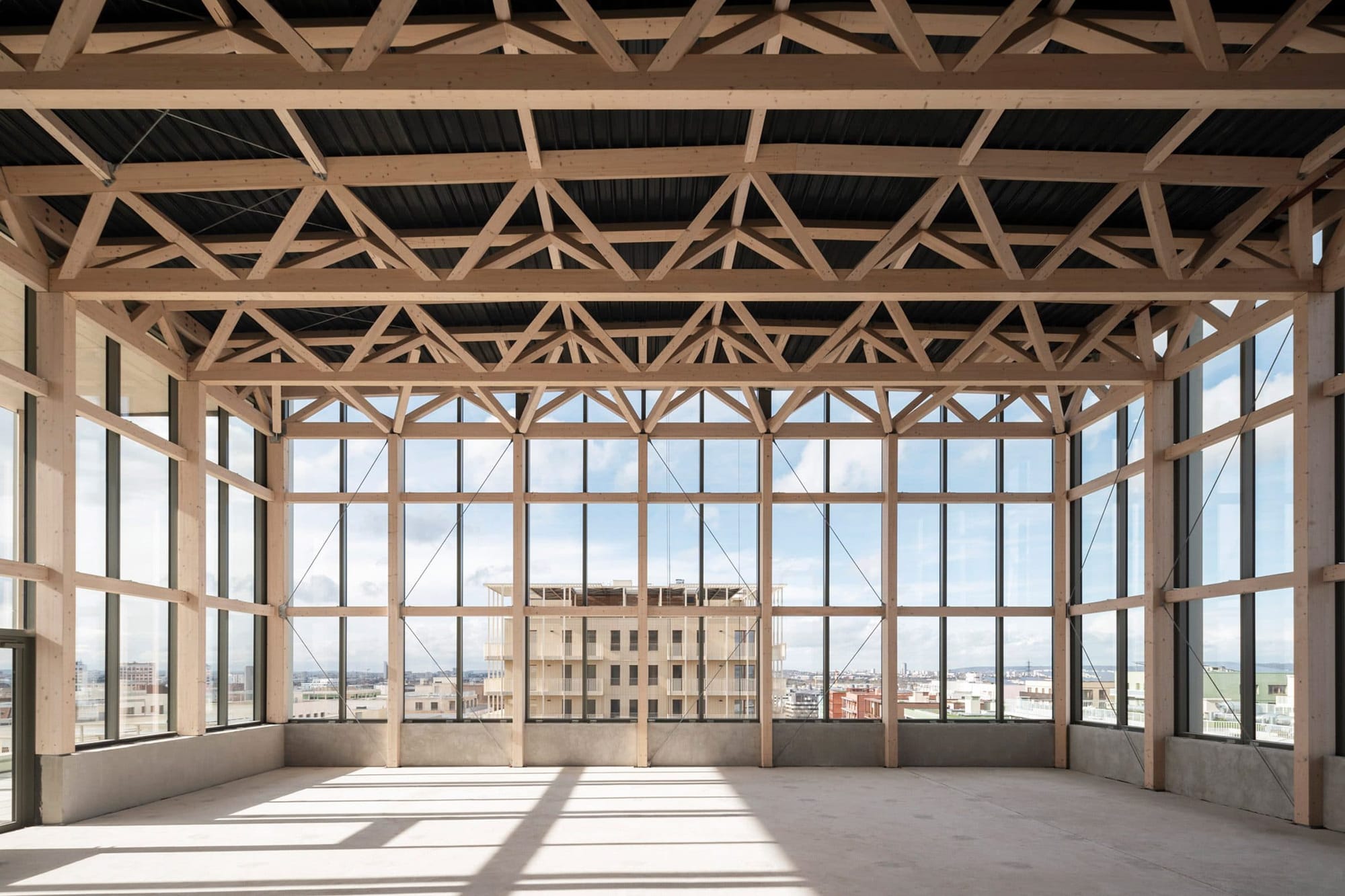Trojan Horses
Will the Olympics die out before host cities learn how to harness them to achieve good things?

Hi everyone,
Toronto, the city where I live, has officially bid to host the Olympics on five occasions—and lost all five times. Is that a blessing in disguise? Many would say yes. Below, some notes on Paris 2024, my hometown’s near-miss bid to host the 2016 Games, and whether the Olympics will ever leave a positive urban legacy.
Are you planning to watch—or even visit—the Paris Games? Write back and let me know!
Until next week,
Brian
PS—Do you find ideas or links in these issues useful? If so, please consider subscribing. You can support us by viewing this message in your browser and clicking either of the big green subscribe buttons. Your support helps us make Frontier Magazine available free to everyone.
🔗 Good links
- 🏢👀 Buildings that caught my eye: a striking Booth Hansen–designed home with a zig-zag facade in the neighborhood where I grew up; two sweet shops (1, 2) and an office building/factory by one of my favorite Japanese architects, Jo Nagasaka; reclaimed materials throughout Popma ter Steege Architects’ office for the Dutch government
- 🏘️🍾 Celebrating thirty years of Rural Studio, which has evolved from one-off “charity houses” to sharing designs with two dozen partners across the US and even running a farm
- 🗺️🏊🏻 Cartographer Daniel Coe’s intricate, lidar-derived maps of rivers
- 🌎👩🏻🎨 The Gallery Climate Coalition’s new toolkit “empowering artists to take action on climate change”
- 🌿📸 Apropos my recent interview with curator Dan Leers, another museum exhibition on photography & the environment opens soon
- 🌡️🌆 Climate Zones: How will your city feel in 2070?
Trojan Horses

In two weeks, the city of Paris will welcome thousands of athletes, hundreds of thousands of trainers, support staff, and administrators, and millions of tourists for the summer Olympic games. From a distance, it seems like Anne Hidalgo’s bureaucrats have planned for the extravaganza smartly. They’ve repurposed existing infrastructure, choosing to build only one new permanent sporting venue. They’ve followed, to a greater extent than any previous host city, sustainability imperatives, with mass-timber buildings and repurposed materials. They’ve invested significant resources in Saint-Denis, a northern suburb that has received limited positive political and economic attention in recent decades. And they’re certainly saying the right things: as Marie Basacq, director of impact and legacy at Paris 2024, put it, the organizing team has focused “less on the tangible legacy, such as sports infrastructure, and more on the social, economic and societal impact on a territory.”
Critics will point to the spike in public-transport prices during the Games, to say nothing of the traffic restrictions that will hinder residents and businesses. They’d note the “white whale” Olympics infrastructure that remains, unused, in Rio, Athens, and other previous host cities. They’d say, as has scholar Jon Coaffee, that “Olympic event security also serves … as an ideal urban laboratory for the testing of an array of new technologies, technique of social control, or security procedures” that often become permanent features in the urban landscape. And, as David Goldblatt writes in a brisk and cutting new essay surveying the Games’ history, “If there’s a case to be made that moving dressage horses and volleyball teams around the world is a reasonable way to use up the carbon budget, I would struggle to make it.”
Historians of the Games note that, in the past half century, only Los Angeles in 1984 and Barcelona in 1992 could be deemed successes—not least because the International Olympic Committee now claims for itself the sponsor and broadcast money that helped those cities defray costs. And if you add in the bid budgets from the cities that don’t win the Games, these mega-events look like an even worse deal for cities. In the late 2000s, Chicago, my hometown, made a losing bid for the 2016 Games. When 2016 rolled around, local journalists noted that, even in losing, the bid “left a pricey legacy for taxpayers. The city is on the hook for about $140 million in principal and interest on the purchase of property for an Olympic Village to house athletes, and it was saddled with costly, 10-year union contracts that were hammered out to ensure labor peace during the Games.” (Like Paris 2024, it aimed to revitalize an under-resourced area, on the city’s south side; after missing out, journalists have noted, the city’s attention seems to have drifted back to other areas in the city.)
Stories like these, from winning and losing bidders alike, are why fewer cities bid to host the Games than in decades past. After only receiving credible bids for this year’s games from Paris and Los Angeles, and with little prospect of other options for 2028, the International Olympic Committee broke with tradition to award both contracts at the same time. And after peaking during the 2012 Games in London, worldwide television audiences are falling.
Perhaps you’re an optimist who thinks that Paris 2024 is “doing it right” and creating a model that other bidders can copy, one in which, as Grimshaw managing partner Kristen Lees says, cities ask “not ‘how will the Games help regenerate the city?’ but ‘what does the city need and how can the Games support this?’” If so, the question becomes: is it too little too late? Has IOC greed, political incompetence, and short-term thinking led to a situation where the Olympics will die out before host cities learn how to harness them to achieve good things?
For those interested in reading more about the Olympics and its legacies, I strongly recommend David Goldblatt’s essay, published just yesterday and referenced above.





